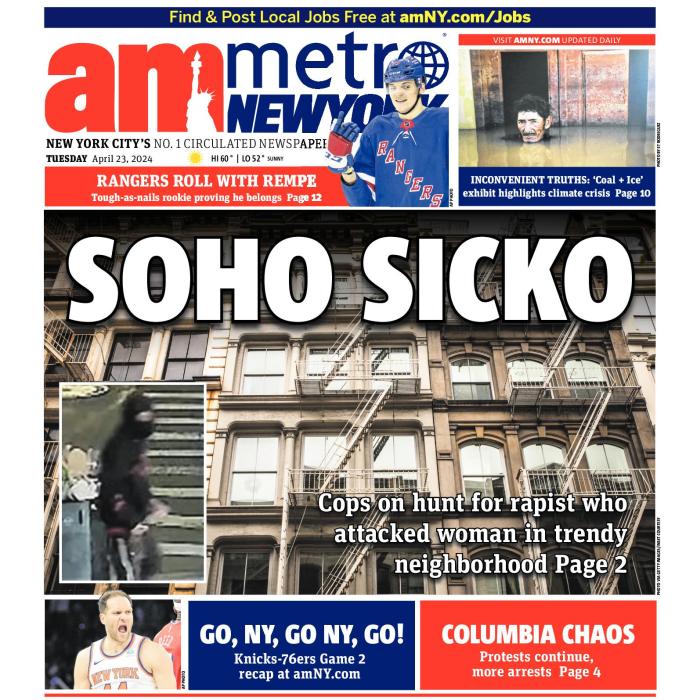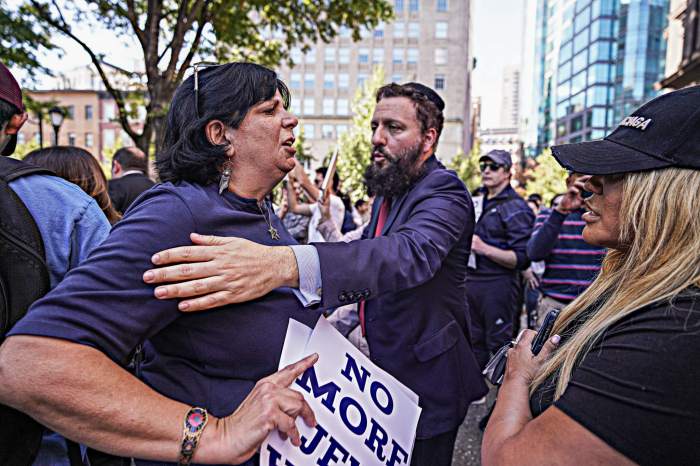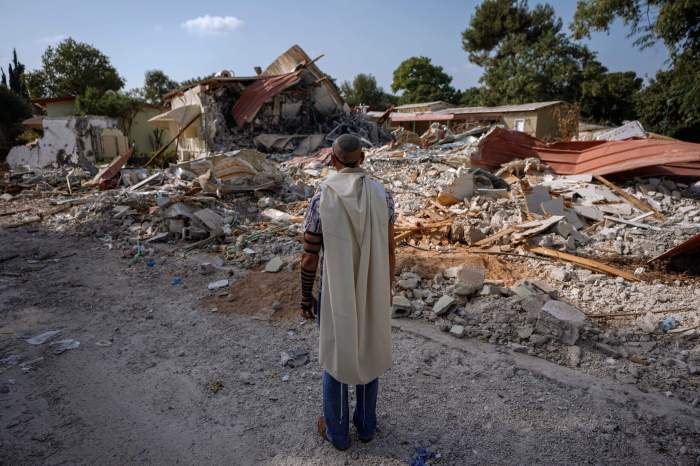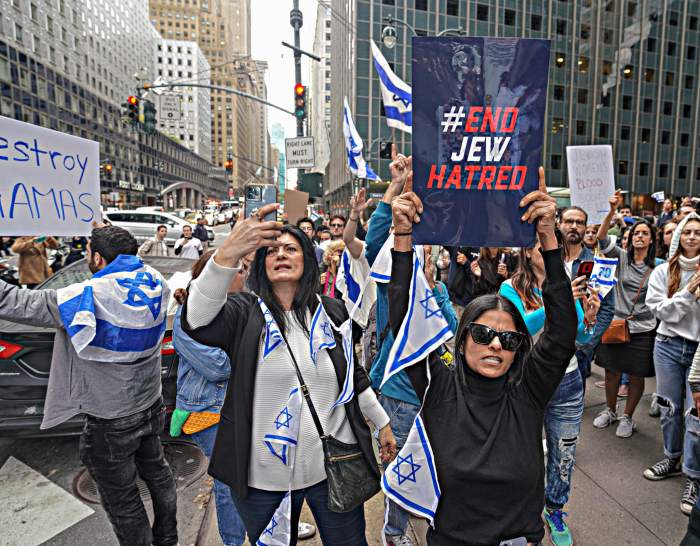The Supreme Court found an escape route out of a complex case that put fundamental principles in conflict. The court decided not to really decide whether the religious liberty of a Colorado baker who refused to make a wedding cake for two gay men was more important than the couple’s right to live free from discrimination.
Monday’s 7-2 ruling in the Masterpiece Cakeshop case technically makes a winner out of Jack Phillips, the baker who wouldn’t accept the order from Charlie Craig and David Mullins. The outcome disappoints all who abhor discrimination and who wanted a resounding win. Sometimes, however, wisdom can be found in waiting.
Phillips argued that by designing a custom cake, he would support a union that violated his religious beliefs. Colorado’s Human Rights Commission found he violated the state’s anti-discrimination law. And before long, as with most battles in our culture wars, the dispute turned into a mega fight only one side could win. The narrow ruling set no precedent.
Justice Anthony Kennedy said the “denigration” of religious beliefs shown by the commission as it reviewed the case was so extreme that Phillips couldn’t get a fair hearing. Kennedy wrote that the “delicate question of when the free exercise of his religion must yield” to the couple’s rights to be free from discrimination couldn’t be balanced properly in this context. Some of the justices appeared concerned that a ruling for the couple would send a message that “religious beliefs cannot be carried into the public sphere.” At the same time, Kennedy acknowledged there are exceptions to religious beliefs when they conflict with other fundamental rights. The opinion called for tolerance of religious views and expressed little tolerance for those who would treat gay people with indignity.
The court did not provide guidelines on how it would evaluate the next case, but there will be a next one soon because similar challenges are in the court system. Hoping that changing social norms on same-sex marriage will resolve future conflicts may be too wishful, but carving out exceptions to religious liberty is not without its risks.

















